Dear Student,
Welcome to a fresh start. Each semester is a blank slate, an opportunity to do better than before and draw closer to the person you want to be.
This may be your first college semester, or you may be a higher education veteran. Either way, I hope this coming year stretches you and that you lean into the growth it brings.
Growth is my core value. I started teaching because I wanted to help others, and I keep teaching because I love to see people grow. I have over 25 years of experience in higher education as a student, tutor, and faculty member. From these perspectives and experiences, I want to offer you some advice. Take what you find useful and leave the rest.
- Time isn’t infinite. Planners are a thing. Please get one (electronic or paper) and use it. “You can do it all” is a lie. You can’t make time for everything you want to do, but you can make time for some things you want. Be clear on your priorities and spend your time accordingly. This may mean you cut back on your work hours, spend less time with friends or on social media, or attend college part-time to align your goals and resources for your success. If you overpack your schedule, don’t be surprised when things fall apart.
- I am a resource to help you succeed. Please use me. Ask me questions about the content – even if you feel your questions are stupid or that you are bothering me. Your questions are not stupid and you are not bothering me. Charles P. Steinmetz once said, “No man really becomes a fool until he stops asking questions.” Don’t be a fool. If you need help or have questions, ask. I am happy to help.
- You are not just earning a degree – a piece of paper. You are acquiring a knowledge and skill set to help you in your career and life. These skills include communication, organization, and planning, among others. College is about something other than checking off a series of requirements to acquire a piece of paper. It’s about learning skills for your career and life. Your degree means nothing unless you spend time and energy learning what is set before you.
- The first step in reaching your goals successfully is to take responsibility for yourself. You are responsible for the grade you earn. I don’t give grades; you earn them.
- You get what you give. What you put into something is directly proportional to what you get back. You might think you are using a shortcut when you cheat, but you are only cheating yourself out of a chance to learn and grow. Cheating is not a success; it’s self-harm. It never pays to hurt yourself.
I hope you found something in the words above to help you. If not, thanks for reading this far. I look forward to working with you this semester. I wish you success in your educational goals.
Additional Reading and Resources
Four Thousand Weeks – Time Management for Mortals by Oliver Burkeman
Grit by Angela Duckworth
Mindset: The New Psychology of Success by Carol S. Dweck, Ph.D.

